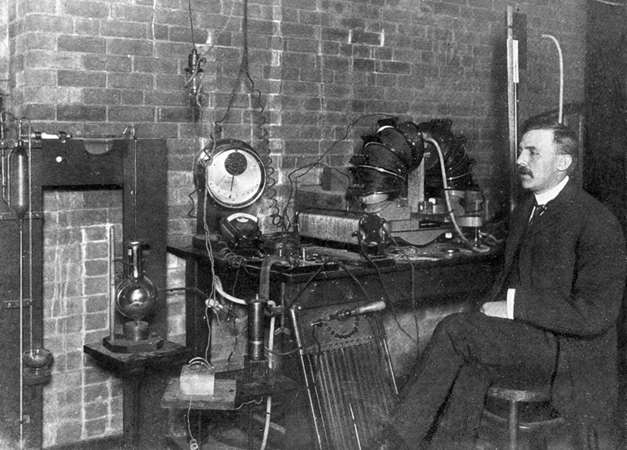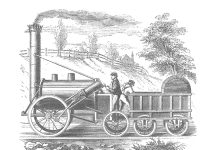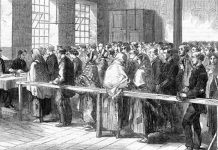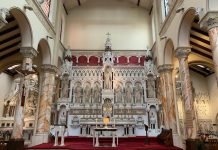As we all know the atom was first split in Manchester but it appears that most people don’t know that.
A new YouGov poll has revealed a widespread lack of knowledge about where ground-breaking moments in England’s history happened.
From the laboratory where the atom was first split to the site where the technology in every skyscraper was first used, buildings and places across England have witnessed turning points that changed the country and the world.
But a new poll by Historic England, supported by Ecclesiastical, shows that a high percentage of people do not know where these moments happened, with many assuming they occurred in other countries.
The poll showed that 88% of people did not know where the atom was first split, with 32% thinking it happened in Geneva, Switzerland and only 12% correctly identifying Manchester as the place where Ernest Rutherford is widely acknowledged to have first split the atom.
The poll also revealed that 84% of Brits were not aware that trainers were first produced in Bolton (instead 42% chose Detroit, USA) and only 10% of people knew that the world’s first bungee jump happened in Bristol, off the Clifton Suspension Bridge.
Nearly half of respondents (41%) thought it happened in Queenstown, New Zealand.
While 93% of people were unaware that Shrewsbury is home to the first building in the world with revolutionary iron framing technology, earning it the nickname the ‘Father of Skyscrapers’ (Shrewsbury Flaxmill Maltings).
Just under half of respondents (47%) thought this technology was first developed in Manhattan, New York.
It’s all part of a campaign by Historic England who are raising awareness of the way regions across England have broken new ground and changed the world is vital to national and local self-esteem, and integral to England’s ability to keep experimenting, inventing and creating in the future.
Historic England and Ecclesiastical are calling on the public, history groups and experts to help them create a list of the 100 buildings and places which best tell England’s remarkable story and its impact on the world.
The new year-long campaign, Irreplaceable: A History of England in 100 Places, which is sponsored by Ecclesiastical, will be divided into ten categories, from Science & Discovery and Homes & Gardens, to Music & Literature and Industry, Trade & Commerce.
Each category will focus on ten places which will be chosen from a long list of public nominations by expert judges.
The panel of judges includes Mary Beard, George Clarke, Tristram Hunt, Professor Robert Winston, Bettany Hughes and Baroness Tanni Grey-Thompson.
The places that make the list will feature in a podcast series and a handbook, which will be produced as part of the campaign over the following year.
Duncan Wilson, Chief Executive of Historic England said: “There’s a tree by a house in Lincolnshire where Isaac Newton once stood, and an apple fell and transformed our understanding of the world. Today anyone, from anywhere, can go to places like this and imagine.
“By telling a history of England in 100 places, we want to help people understand the many spots, right across our country that have shaped the world, creating advances in science, the arts, trade and industry, and we want the public to nominate the ones they think are the most important to our national story.”







